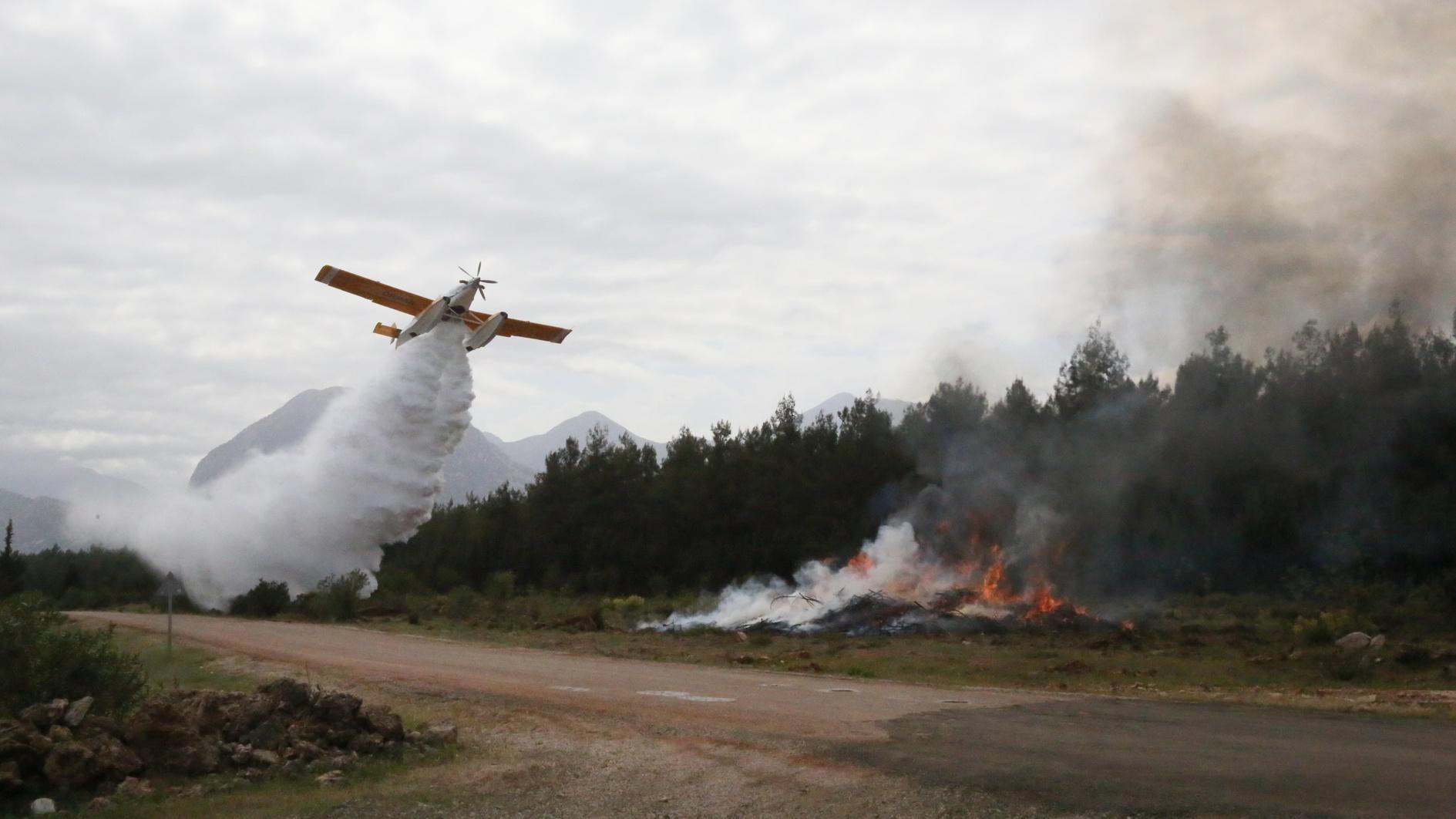Why must the Charlottesville attacks not be taken lightly?
U.S. President Donald Trump is reaping what he sowed during the election campaign.
Last week, Charlottesville, Virginia was the scene of clashes between racist “white supremacist” groups and “anti-fascist” groups that took to the streets to protest against them.
Waving Nazi swastika flags, the protesters provided a flashback to the Hitler era by shouting “Hail, Trump!” and “You will not replace us. The Jews will not replace us!” One person who was revealed to harbor Neo-Nazi sympathies drove his car into protesters, resulting in the death of one and injuries to many more. With events spiraling out of control, Virginia’s governor was forced to announce a state of emergency.
The event that ignited the protests was a plan to remove a statue of the Confederate general Robert E. Lee in a town park.
The clashes in Charlottesville show just how deep American society’s cultural and political polarization has become amid growing economic inequality. But what’s graver is Trump’s de facto protection of racist ideologies in the interests of maintaining the electoral support of extreme nationalists—a group he has been flirting with since his campaign.
The president, who complains about the supposed threat posed by migrants at every opportunity, also failed to properly condemn an attack on a mosque in Minnesota just two weeks ago.
But in insisting upon this line, Trump isn’t just encouraging racist groups, he’s also eroding the American creed, the values upon which the United States is built and which forms the essence of the country’s political culture.
Indeed, what makes a person American is not religion, race, or place of birth, but adherence to U.S. values and norms.
Surely, America’s political history isn’t the cleanest around in terms of the struggle for equality given the history of slavery, and the fight against all forms of discrimination is continuing today.
At the same time, it is true that there are many who fear that the U.S., although itself established by immigrants, will one day turn into a country in which whites become a minority. And in the wake of Charlottesville, there are also those that harbor expectations of exploiting these fears politically.
The fact that Trump broadcasted a campaign video for the coming elections before the shock of the incidents had even passed indicates the political calculations at work and, to a greater degree, heralds the continuation of populist and nationalistic rhetoric.
In international relations, periods of interregnum are known to be the most difficult or, in the words of Antonio Gramsci, “the old world is dying, and the new world struggles to be born.”
The U.S.’s privileged position and power in global politics has been declining since the moment the unipolar world arrived when the Soviet Union collapsed and the U.S. became the only superpower.
It’s clear that Trump’s policies have hastened this process. While coping with the inequalities created by global capitalism, directing society’s anger toward minorities instead of searching for constructive solutions is a strategy that is both dangerous and liable to foment a backlash.
By defying the founding values of American creed, President Trump undermines the country’s soft power, namely, its ability to present an example to others, be a center of attraction, gather together allies and persuade them to act in accordance with its interests.
And as values are eroding, so too are the institutions that have shaped the liberal democratic order that was erected under U.S. direction after World War II.
Transatlantic ties have been hurt badly enough already by the decisions taken with little regard for the environment, the lack of sensitivity to allies’ security fears and the inclination for economic protectionism that hides behind the slogan of “America First.” Today, it’s hard to guess where this unravelling in the Western alliance will ultimately lead.
There are a number of questions as to which power(s) will replace the U.S. in its decline and how and what kind of new world order will be formed in its stead.
By the time that comes, will the world be a calmer and fairer place in comparison to the present liberal democratic order—all its problems notwithstanding? We’re going to live it and find out.











